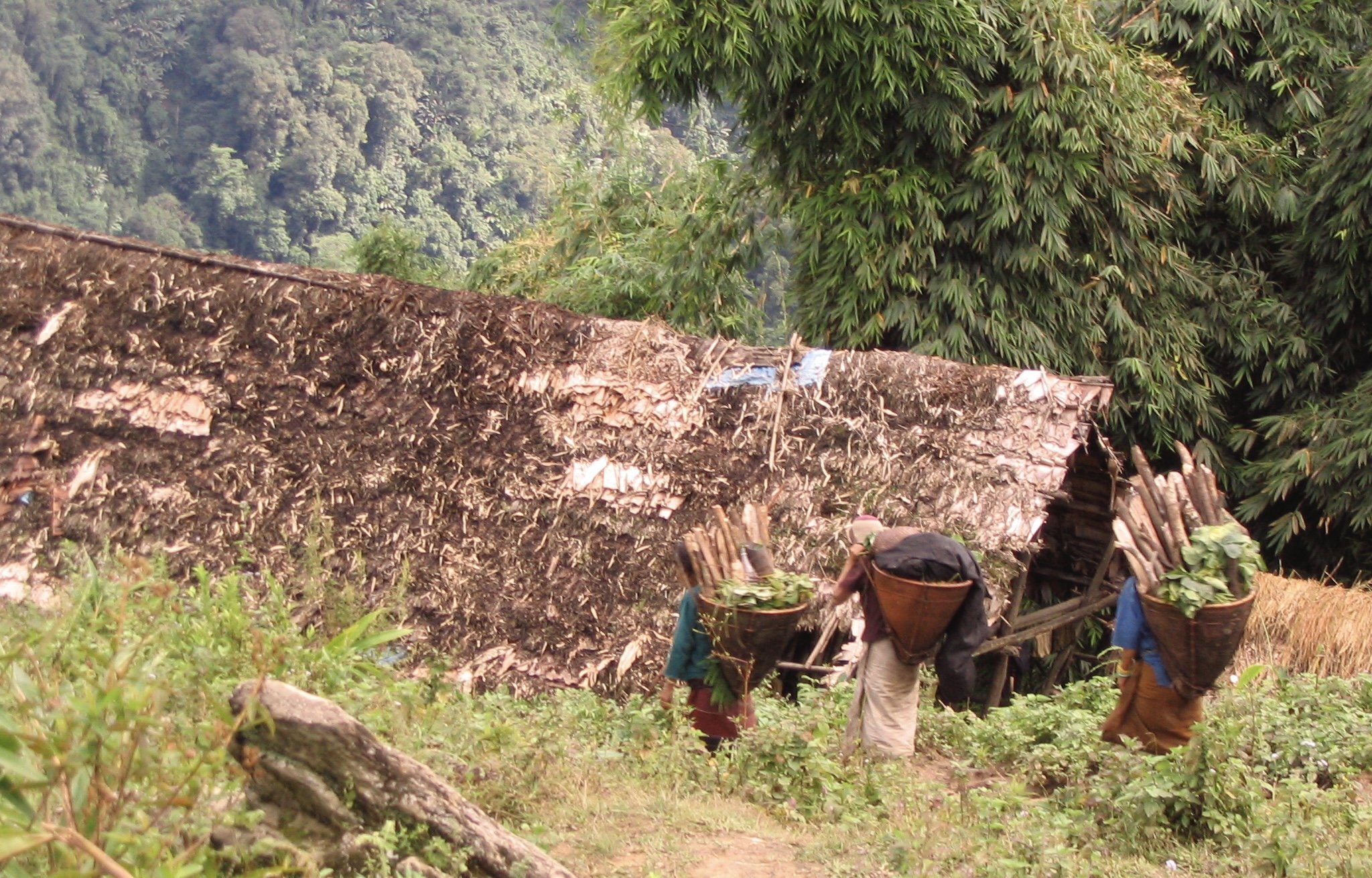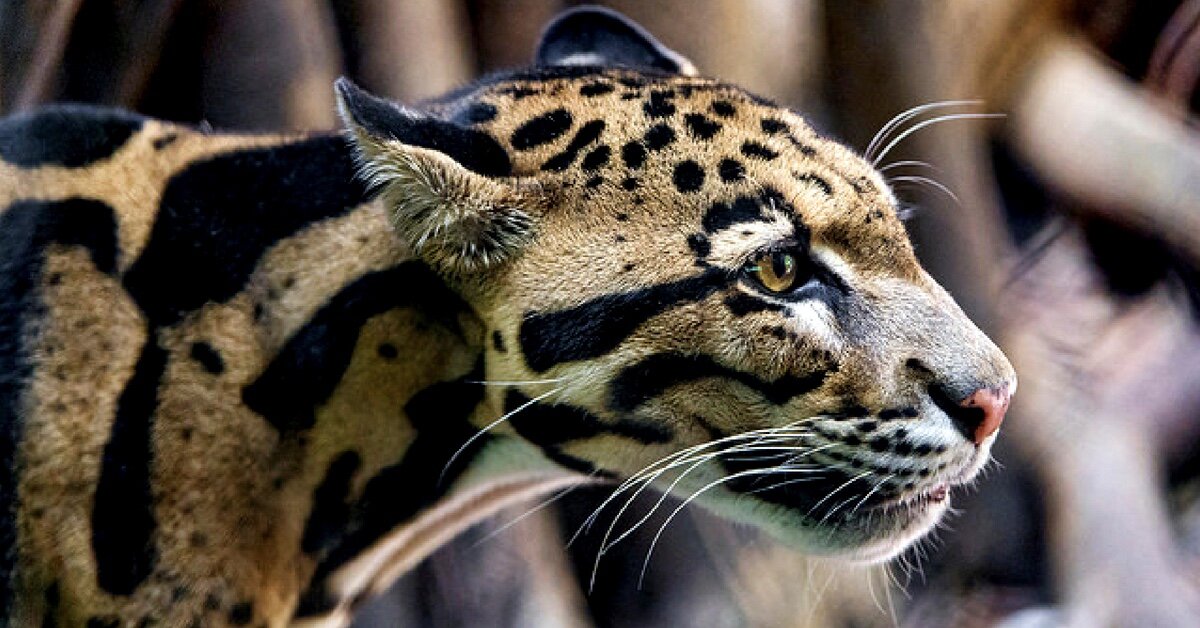
Rooted in indigenous knowledge.
Indigenous communities have successfully conserved biodiversity for generations, yet many have been sidelined in global conservation efforts.
The Seed Game® corrects this by integrating their knowledge into a scalable platform for decision-making, scenario analysis and strategy creation.
Centred on indigenous perspectivist ways of knowing nature, where forests, mountains, rivers and local deities are active participants, the Seed Game® toolkit empowers communities to evaluate sustainable futures in line with global conservation priorities.

To know another life form, extend the system boundary to include its perspective…
Bridging values.
Aligned with indigenous perspectivist ways of knowing nature, Seed Game® workshops honour the values of human and non-human stakeholders—forests, wildlife, local deities and sacred sites—and apply them to generate actionable governance strategies for sustainable management of protected areas.
Foundations of the Seed Game®
-
Place-based conservation in the Global South.
Source: Aisher & Damodaran, 2016. Conservation, Symbolism and Imagination: Human-Nature Interactions in the Global South. [access here]
-
Valuing nature—conserving the pangolin.
Source: Aisher, 2016. Scarcity, Alterity and Value: Decline of the Pangolin, the World’s Most Trafficked Mammal. [access here]
-
Indigenous perceptions of the wild.
Source: Aisher, 2019. Extending Perspectivism to India’s “Last Wild Place”: Hunting, Conservation, and Wildlife, and Its Flourishing and Decline, in the Eastern Himalayas. [access here]
-
The ecological value of refuge.
Source: Aisher, 2022. How a Storm Feels: Storying Climate Change in the Eastern Himalayas. Chapter from book Cooling Down: Local Responses to Climate Change, edited by Hoffman, Eriksen and Mendes. [access here]